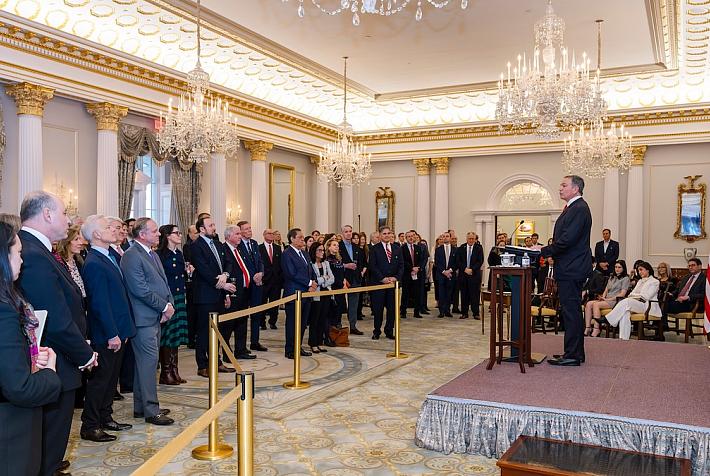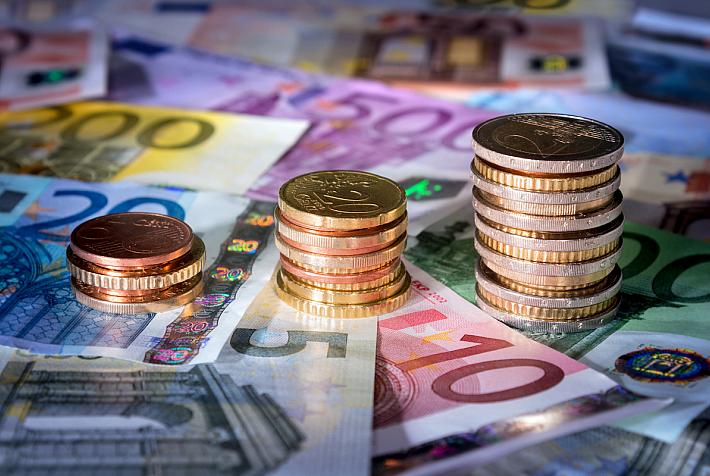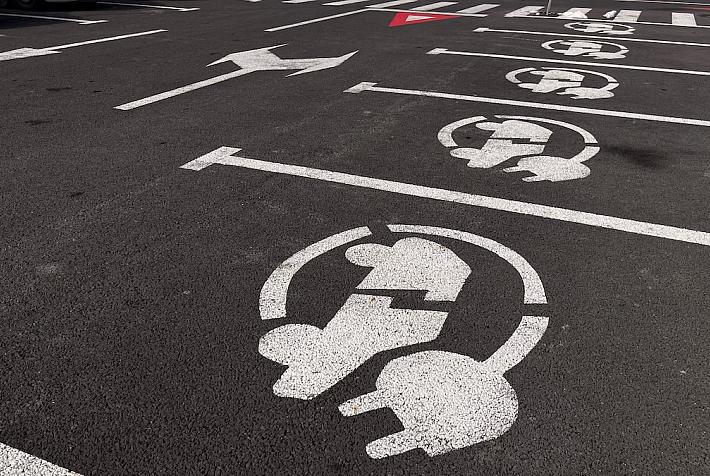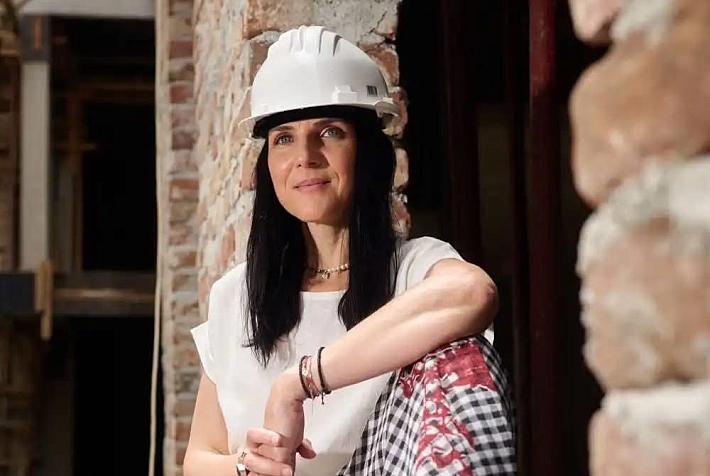Hungarian authorities ask Romania to follow EU ruling on gold mining after the 2000 cyanide spill

Hungary has asked Romania to respect the European standards in gold mining, as street protests against the controversial Rosia Montana project look likely to continue for a third day.
With Romanian Parliament preparing to make a final decision on whether the Rosia Montana Gold Corporation can extract gold from central Romania, Hungarian authorities have expressed concern over the venture’s recent Government approval.
Hungary has asked Romania to protect cultural and environmental goods, which, they said, belonged to Central and Eastern Europe and which were “in danger” because of the gold mining project.
The Hungarian authorities, however, failed to mention what the endangered goods were.
The Hungarian officials cite the 2000 cyanide spill coming from a Romanian mine, which destroyed all the wild fauna on the Hungarian side of the Tisa river.
Gold mining based on the use of cyanide endangers water purity and the biological diversity, according to the Hungarian authorities, which are against the use of cyanide, no matter in what form.
In 2000, cyanide from the gold mining company Aurul, a joint-venture of the Australian company Esmeralda Exploration and the Romanian government, spilled into the Somes river, following a break in the holding pond dam.
The polluted waters eventually reached the Tisa and the Danube, killing a large number of fish in Hungary and the then Federal Republic of Yugoslavia. The spill was called the worst environmental disaster in Europe since the Chernobyl disaster.
Joining the protest movement in Romania, a group of demonstrators rallied against the gold mining project in front of the Romanian Embassy in Budapest on Sunday (September 1).
Similar protests were organized in Paris, London, Rome, Brussels, Berlin and Washington DC.
The protests came as the Government recently approved the law allowing Rosia Montana Gold Corporation to exploit gold in central Romania.
Gold exploitation at Rosia Montana is expected to begin in November 2016, as the area’s urban plan should be approved by end-2013.
The state's participation in the venture should increase by 5.69 percent, to 25 percent of the shares, if all permits are issued on time.
To begin exploiting the site, the investor will have to pay the Romanian Government a royalty of 6 percent of the production’s value, according to a draft of the Agreement between the Government, Gabriel Resources and Rosia Montana Gold Corporation (RMGC).
The Rosia Montana gold mining project, which has been widely opposed in Romania, has been blocked for several years because of environmental protection disputes.
The Rosia Montana site in Alba county is evaluated at containing some 300 tonnes of gold and 1,600 tonnes of silver and has been under concession to Roşia Montană Gold Corporation for exploitation.
The Rosia Montana Gold Corporation company is controlled by the Canadian firm Gabriel Resources, which owns 80.7 percent of its shares.
According to the media, behind Gabriel Resources are billionaires such as John Paulson, Beny Steinmetz and Thomas Kaplan.
editor@romania-insider.com
(photo source: Wikimapia)












